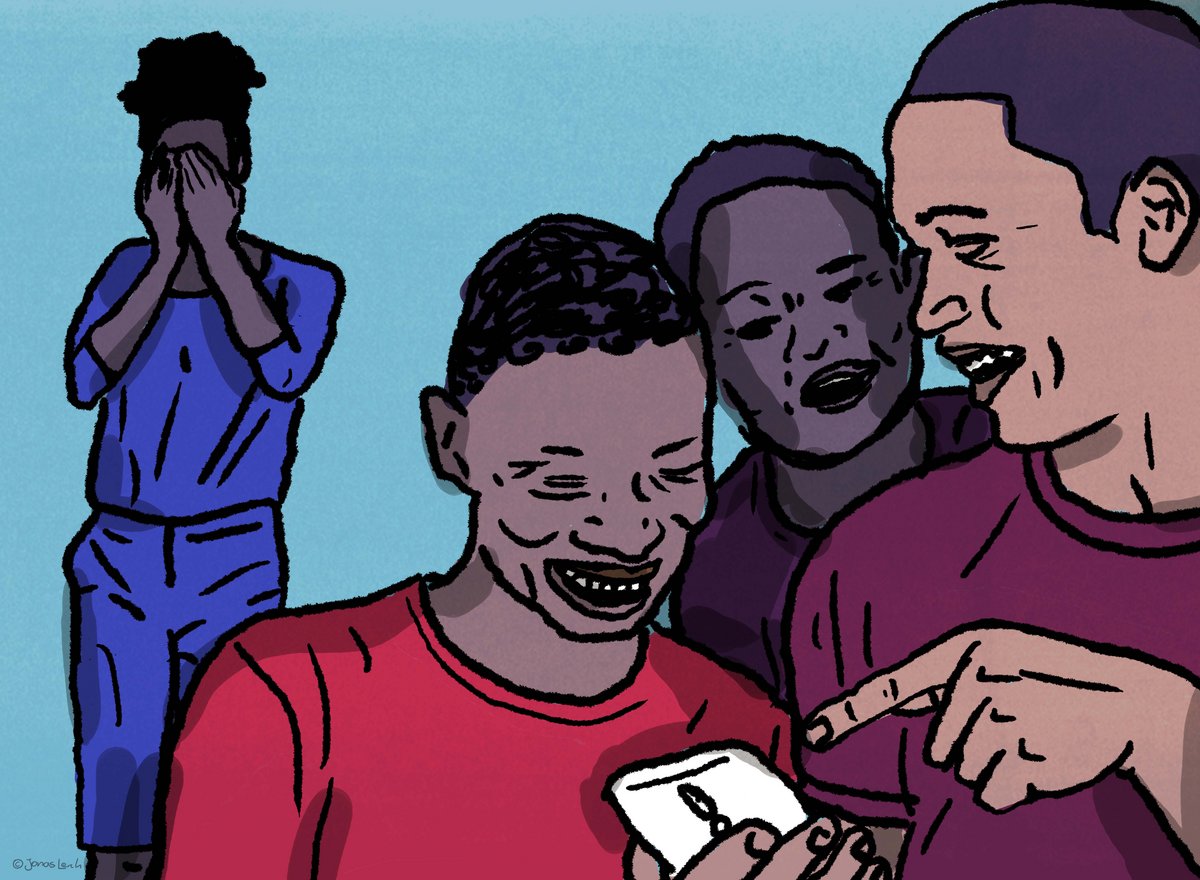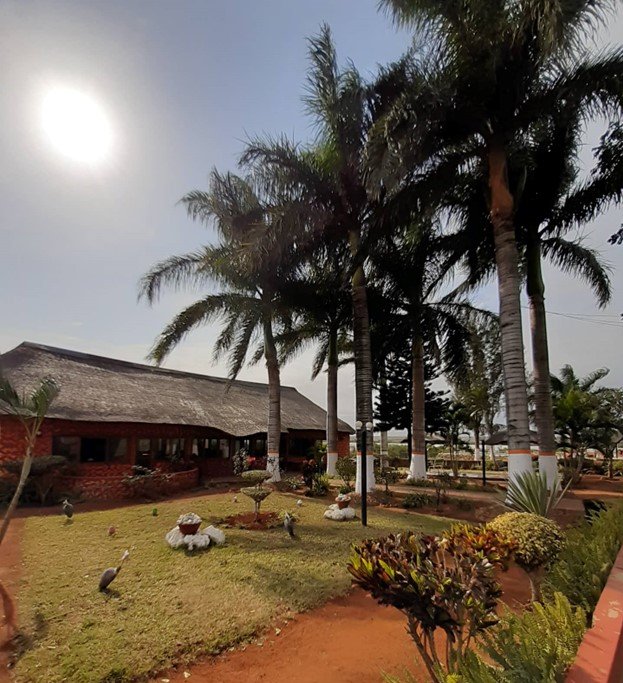
Sexual Violence in Nigeria and Mozambique

What specific personal characteristics put children at high risk of victimisation? Are there gender differences on sexual assault? Who are the perpetrators of this violence?
Sexual violence against children is a violation of human rights, resulting in mental, psychological, emotional, social and physical consequences. Some of this violence has a considerable and lifelong impact on the individual, their families, intimate partners and communities. The United Nations 2030 Development Agenda calls for an end of all forms of violence against children, including sexual violence (Sustainable Development Goal 16.2). Although there is now emerging literature on sexual violence against children across sub-Saharan Africa, to our knowledge there is no regionally representative survey on this important public health issue in Nigeria or Mozambique.
This project plans to survey secondary school-aged children (13-17 years) and establish the prevalence rate of sexual violence. The experience of adolescents in rural locations remains largely unexplored, particularly in low- and middle-income countries. This study, therefore, plans to fill this gap by initiating an independent regionally representative survey in Nigeria and Mozambique that would cover both rural and urban areas. The small but growing number of studies on sexual violence in Africa uses survey evidence collected in educational institutions. However, research conducted in schools do not reflect wide representation and have limited generalizations, as large number of secondary school-aged children in Africa are out of school. Therefore, this study will fill this gap by including out-of-school children. The study intends to answer the following research questions:
What specific personal characteristics put children at high risk of victimisation? Are there gender differences on sexual assault? Who are the perpetrators of this violence? The target population of the study comprises both girls and boys. In our cross-sectional research design we will apply both qualitative and quantitative methods of analysis.
The same survey was then applied to two countries: Nigeria and Mozambique, in different periods of time. The data collection in Nigeria was successfully completed in August 2021, while the collection in Mozambique is about to be done as of May 2023.
